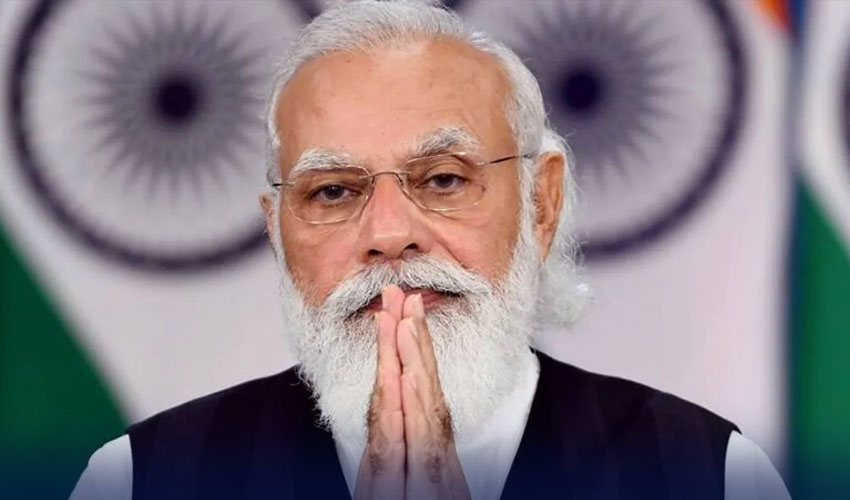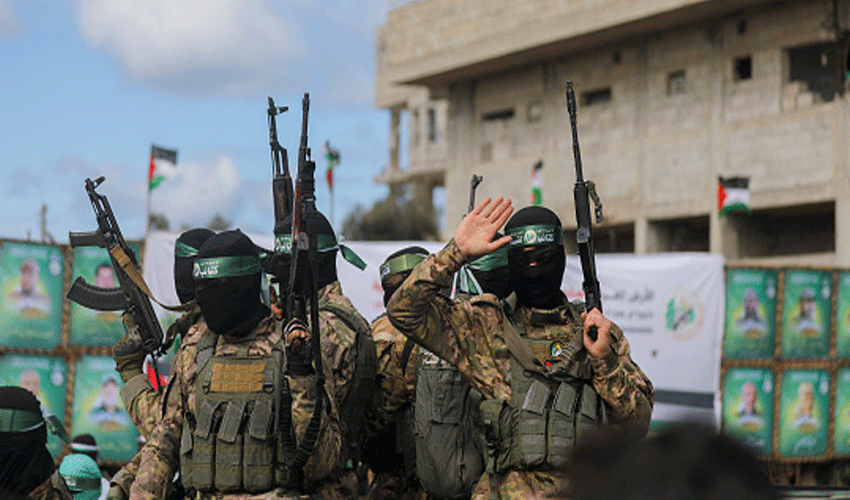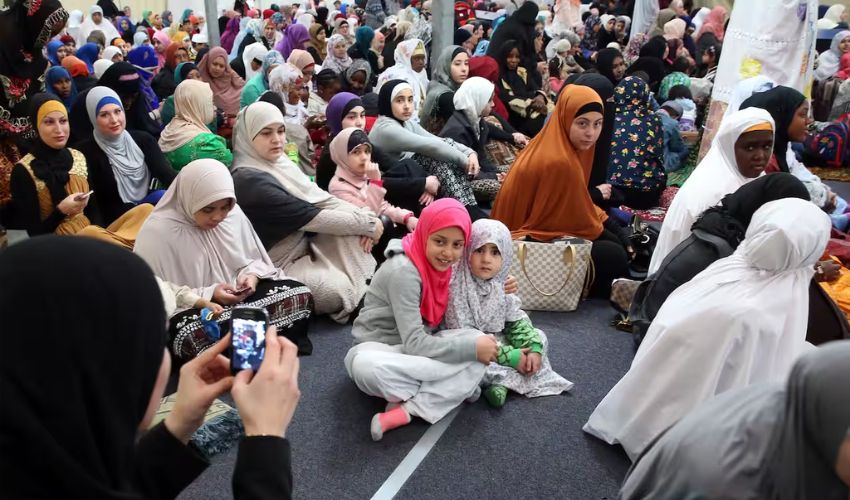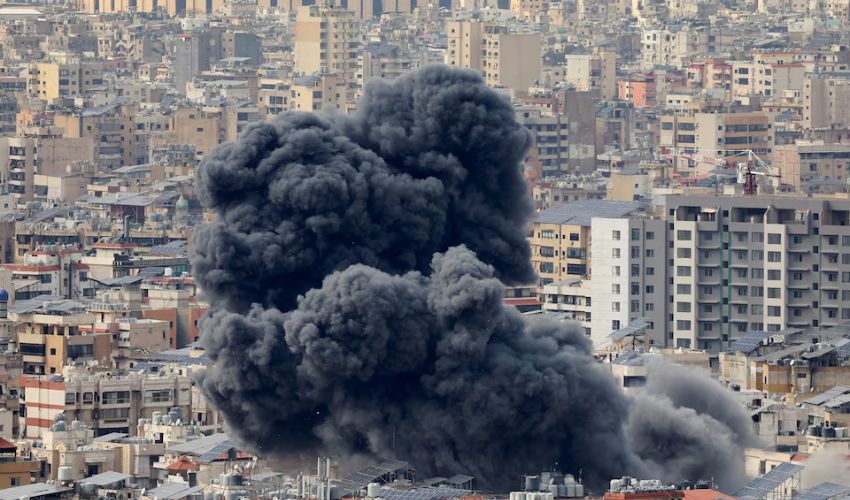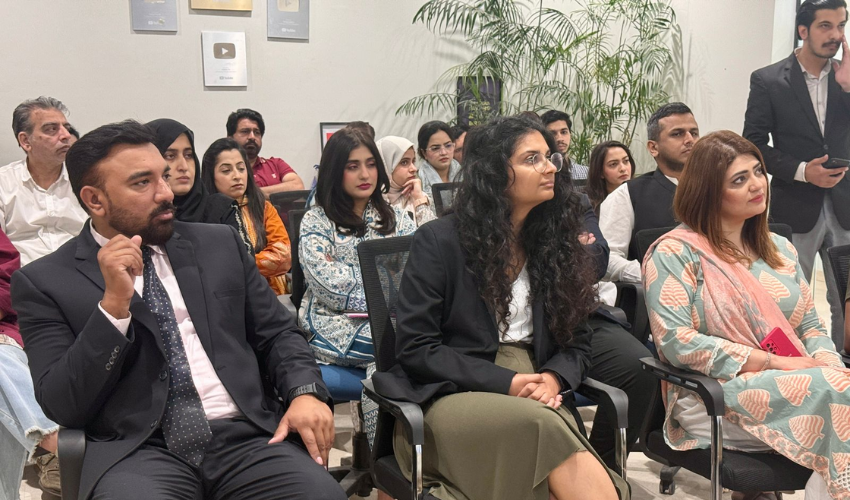The recent election victory of Narendra Modi has raised significant concerns among India's Muslim community. Modi, who has been a polarizing figure since his first term in 2014, has often faced criticism for his government’s stance towards minorities, particularly Muslims.
During his election campaign, Modi’s rhetoric included references to Muslims as "infiltrators," particularly noted during a rally in Rajasthan. This language has alarmed many within the Muslim community and beyond.
Civil society groups have taken action, with some writing to the Election Commission to address what they see as hate-based attacks and demanding accountability from Modi’s government.
The Bharatiya Janata Party (BJP), under Modi's leadership, has been associated with increased societal tensions. Modi's tenure has seen a rise in civil society attacks, which many attribute to the BJP's nationalist agenda.
Modi’s critics highlight his association with the 2002 Gujarat riots, during which he was labeled as the "butcher" by some for his role during the violence against Muslims.
A significant concern for many is the influence of the Rashtriya Swayamsevak Sangh (RSS) and other Hindutva organizations. These groups envision India as a Hindu Rashtra, a vision that contradicts the secular and democratic principles enshrined in the Indian constitution. Modi's victory is seen as a step towards this ideology, threatening the secular fabric of the nation.
Ronak Shahi, a resident of Hyderabad, shared his anxieties with DW, stating, "I think Muslims are more insecure now than in the past." This sentiment reflects a broader fear among minorities about their safety and rights under a government perceived as promoting Hindu nationalism.
The return of Modi to power has implications beyond India's borders. His administration has had strained relations with neighboring countries, and there is concern that these conflicts might escalate further. The situation in Kashmir, which lost its special status during Modi’s rule, is particularly tense and is expected to deteriorate further.
Human rights organizations worldwide are being urged to monitor the situation closely. The potential erosion of minority rights and the undermining of secular democratic principles in India require urgent international scrutiny.





